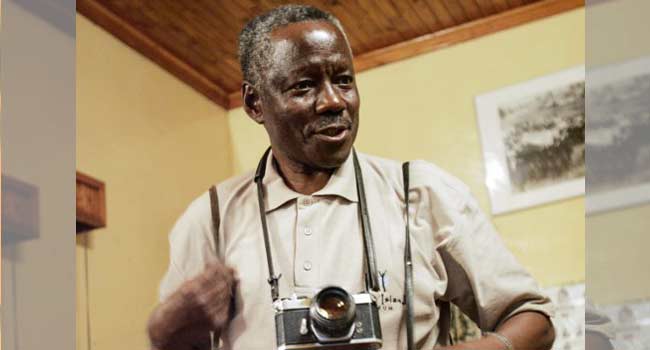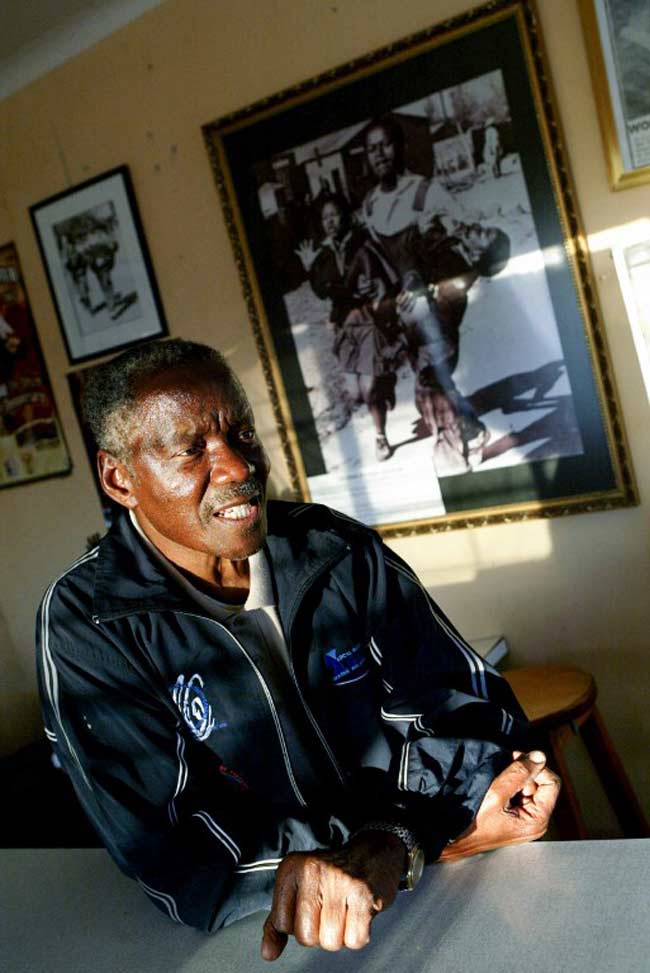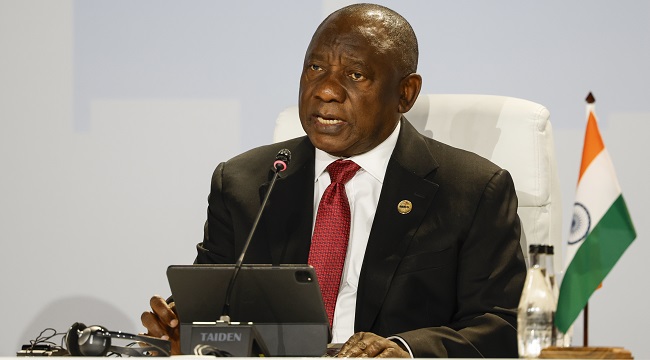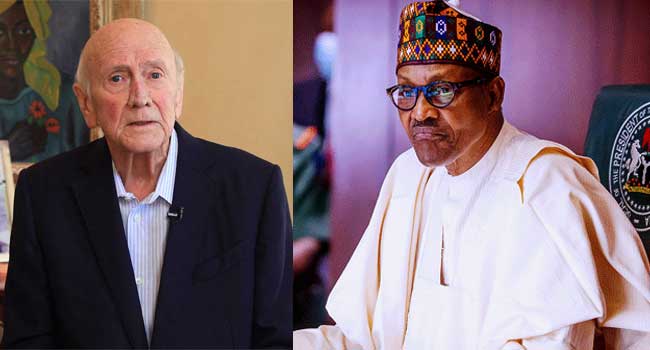
GIANLUIGI GUERCIA / AFP
A South African photographer, who captured the iconic black-and-white picture of a dying 13-year-old activist shot by apartheid police during the 1976 Soweto uprising, has died.
Sam Nzima died at the age 83 in a hospital on Saturday in the country’s Mpumalanga province, the presidency said on Sunday.
His photograph of a dying Hector Pieterson being carried away by a teary fellow student after security forces opened fire on black youngsters protesting in Soweto township on June 16, 1976, turned the world’s attention to the brutality of the apartheid regime.
Those riots, led by high school students, became the watershed point in South Africa’s anti-apartheid struggle.
Over three days, at least 170 people were killed, with some estimates putting the death toll at several hundred over the following month.
Protests spread across South Africa and a new era of black activism emerged that eventually led to the fall of the apartheid regime and Nelson Mandela’s election as president in 1994.
President Cyril Ramaphosa paid tribute to the self-taught veteran photographer, who was placed under house arrest for 19 months after the image was published.
“Mr Sam Nzima was one of a kind,” said President Cyril Ramaphosa, “his camera captured the full brutality of apartheid oppression on the nation’s psyche and history”.
“We will especially remember his iconic photograph of a dying young Hector Peterson which became a symbol of resistance against the imposition of Afrikaans as a medium of instruction in the black schools,” said Ramaphosa in a statement.
Nzima’s photograph was listed by the Time magazine as one of 100 most influential images of all time.
After a legal battle he won the copyright to the much-published image.
The ruling African National Congress said Nzima’s “emotive iconic (picture)… became a historical landmark feature that forever defined how the June 16, 1976 narrative was told”.

GIANLUIGI GUERCIA / AFP
AFP



